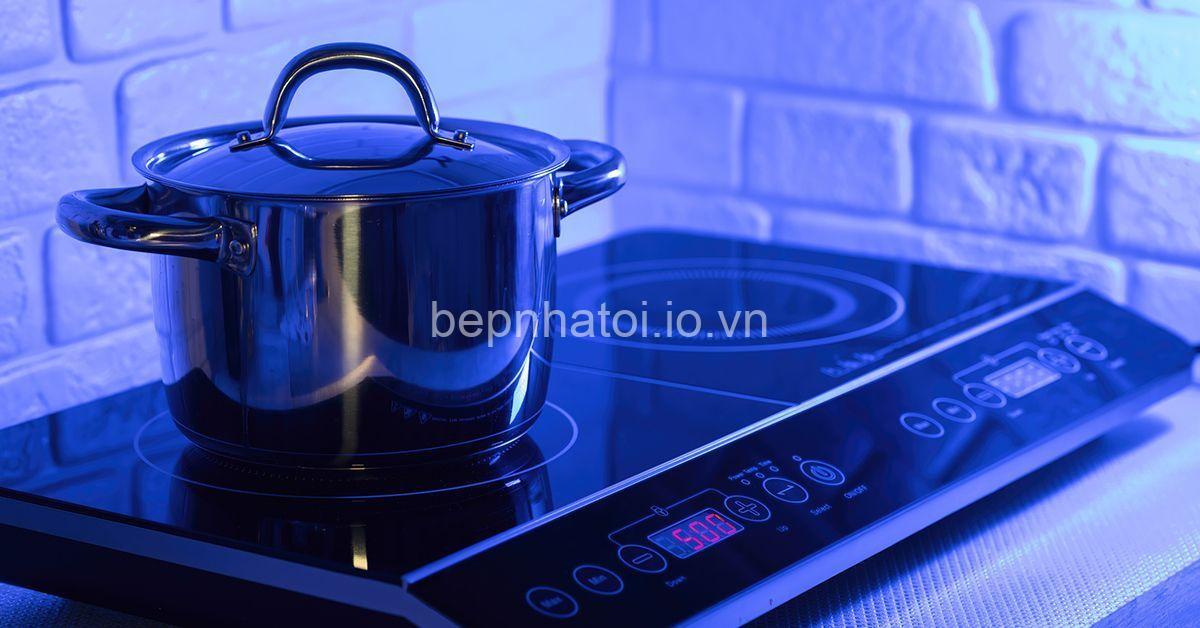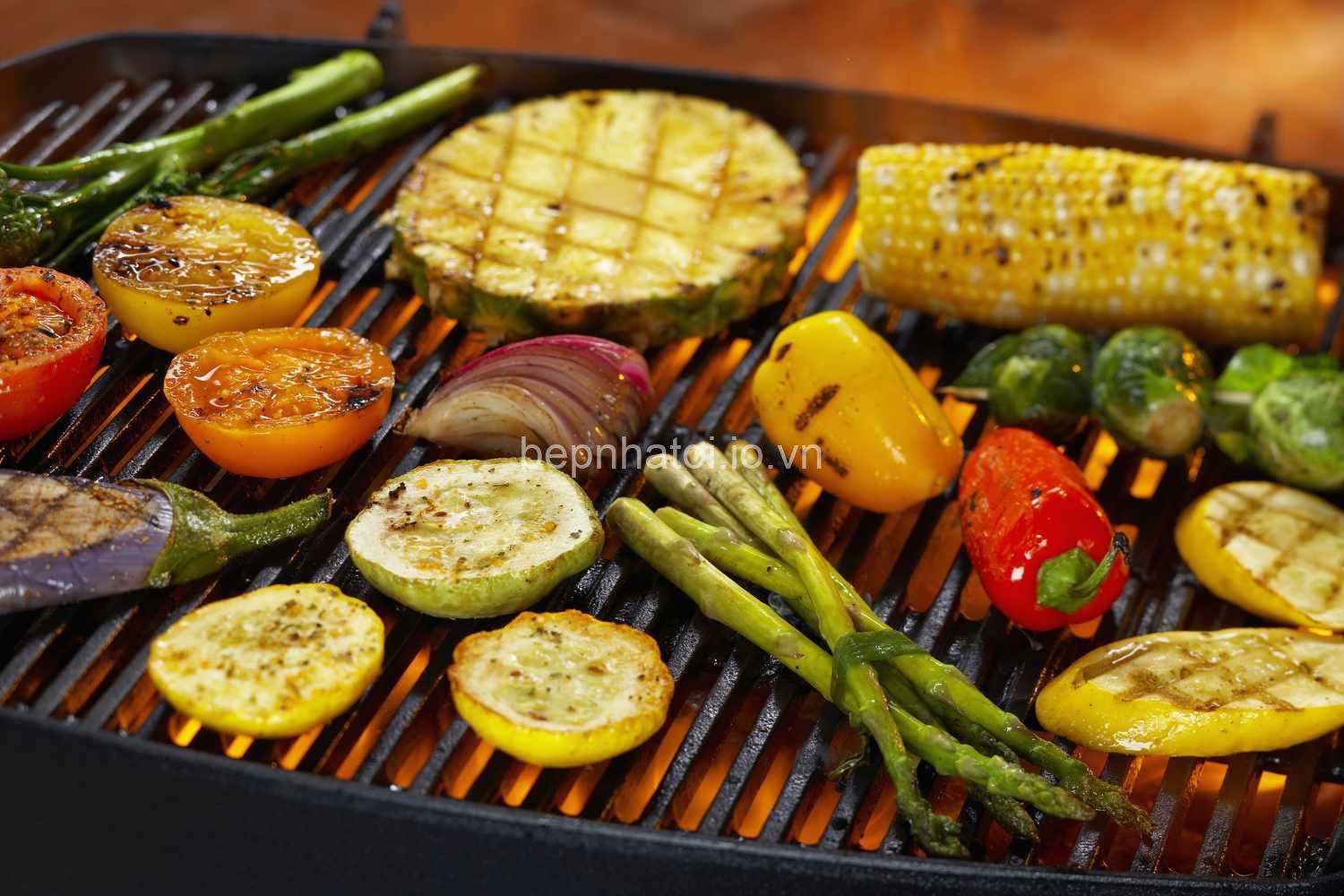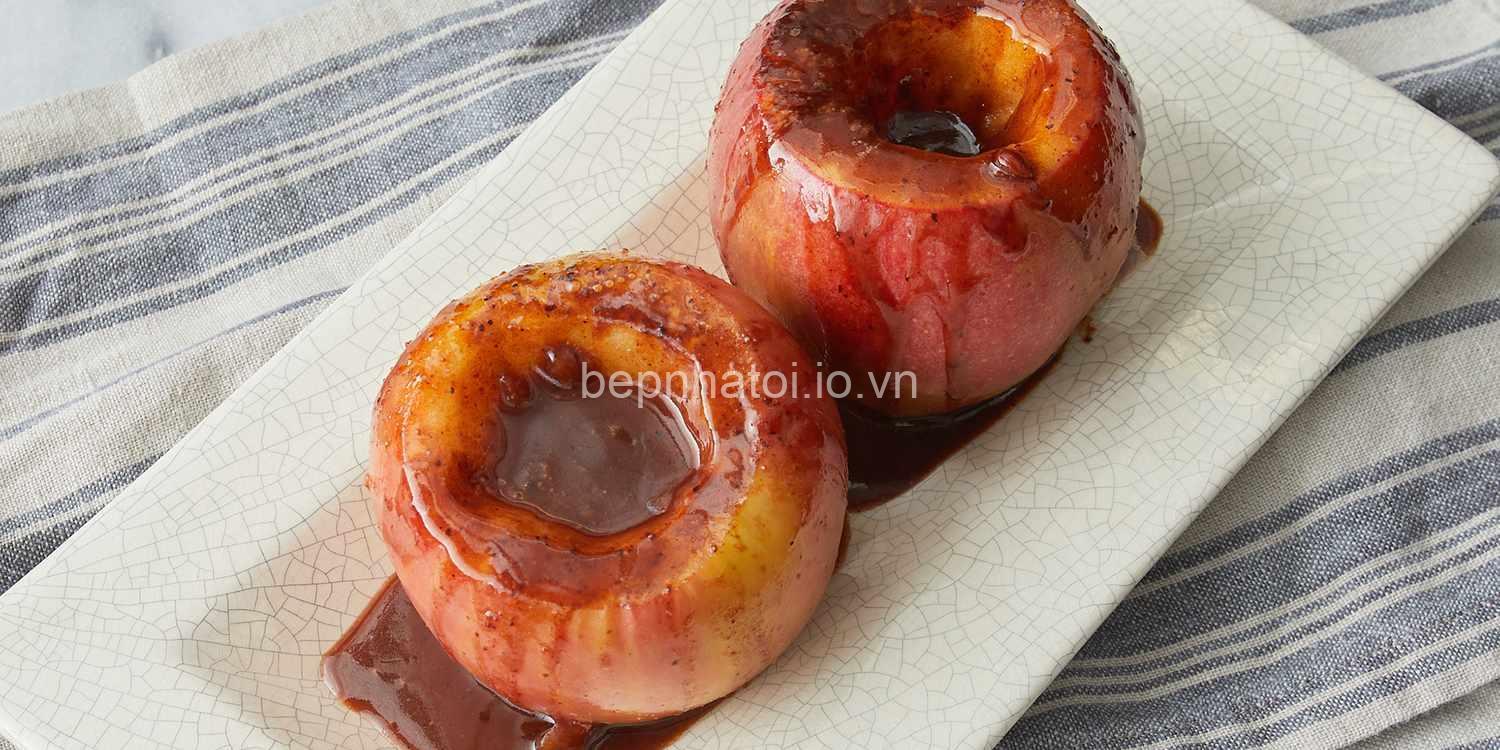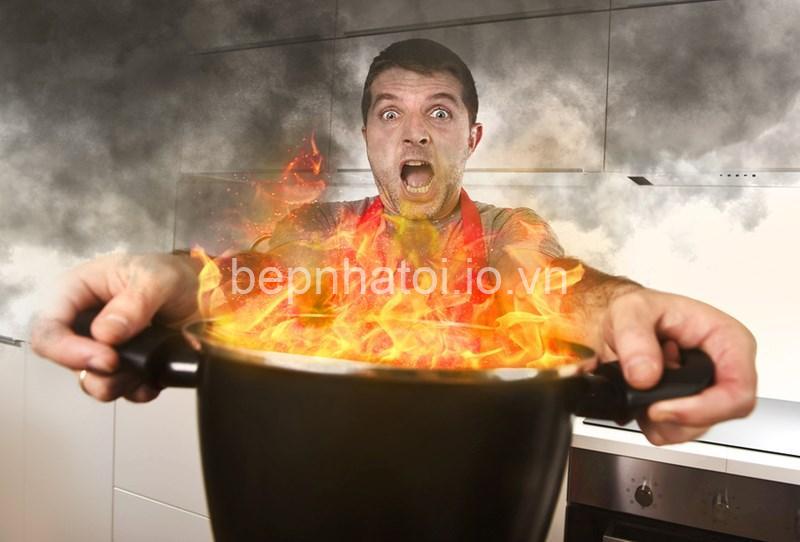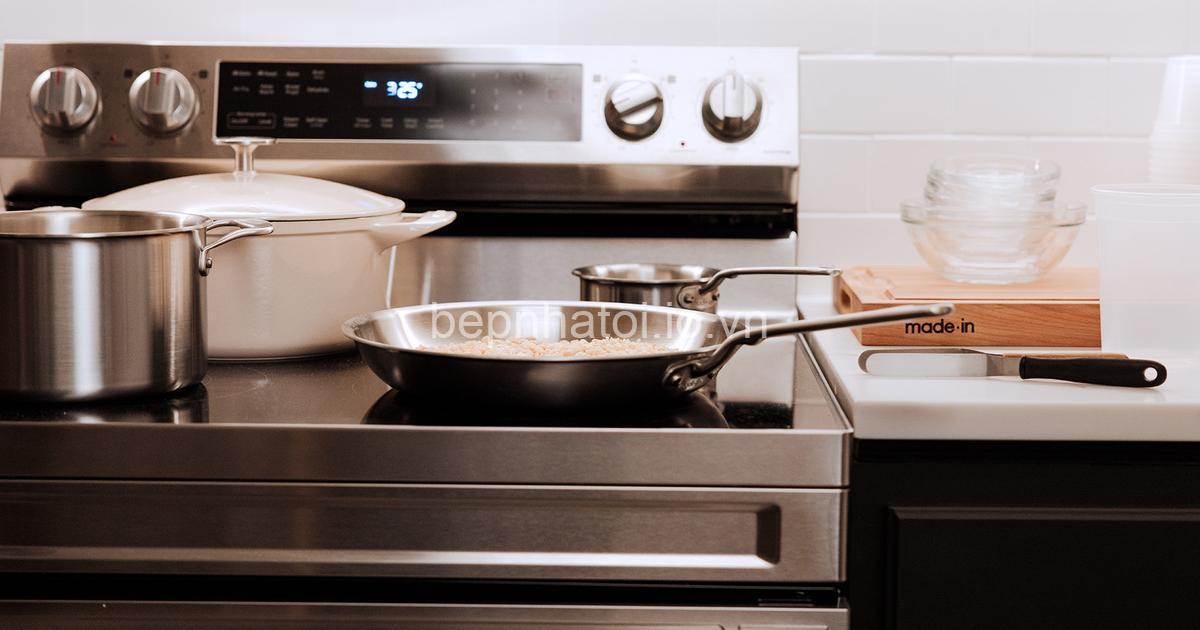
Best Cookware for Electric Stoves: Guide to Materials & Choices. In today’s article, bepnhatoi.io.vn will explore with you in the most detailed and complete way. See now!
Understanding the Best Cookware Materials for Electric Stoves
Electric stoves use electric heating elements that transfer heat through conduction to your cookware. Unlike gas stoves, which use flames, electric stoves provide a more controlled and precise heat source. To ensure efficient heat transfer, your cookware needs to be compatible with electric stoves, which means choosing the right material and thickness.
The bottom of your cookware plays a crucial role in heat distribution. A thicker bottom will distribute heat more evenly, preventing hot spots and ensuring consistent cooking results. Materials like cast iron, stainless steel, and copper are known for their excellent heat conductivity and are often recommended for electric stoves.
When choosing cookware, consider its reactivity with the electric heating element. Some materials like aluminum can warp or become unevenly heated due to direct contact with the heating element.
Let’s delve into the most popular cookware materials and explore their benefits and drawbacks for use on electric stoves.

Cast Iron: A Durable and Versatile Choice
Cast iron is a classic cookware material known for its incredible durability and even heat distribution. It’s excellent for high-heat cooking techniques like searing, braising, and roasting.
Here are some of the key advantages of cast iron cookware:
- Even Heat Distribution: Cast iron distributes heat evenly, ensuring consistent cooking results. This is crucial for achieving perfect sears and browning.
- Durability: Cast iron cookware is incredibly durable and can last for generations with proper care.
- Versatility: Cast iron cookware can be used for a wide range of cooking techniques, from searing and roasting to baking and even slow cooking.
However, cast iron also has some drawbacks:
- Weight: Cast iron cookware can be quite heavy, making it difficult to handle for some users.
- Rust: Cast iron is susceptible to rust if not properly seasoned and cared for.
Stainless Steel: A Reliable Everyday Option
Stainless steel is another popular choice for electric stoves, known for its durability, ease of cleaning, and even heat distribution. High-quality stainless steel cookware typically has an aluminum or copper core, which enhances heat conductivity and provides more even heating.
Here are some key advantages of stainless steel cookware:
- Durability: Stainless steel is durable and resistant to scratches and dents.
- Easy Cleaning: Stainless steel is relatively easy to clean and dishwasher safe.
- Even Heat Distribution: High-quality stainless steel with aluminum or copper core provides even heat distribution, ensuring consistent cooking results.
However, stainless steel also has some drawbacks:
- Food Sticking: If not properly seasoned or cared for, stainless steel cookware can be prone to food sticking.
- Heat Conductivity: Stainless steel is a good conductor of heat, but it is not as efficient as copper or cast iron.
Copper: The High-Performance Choice
Copper is a high-performance cookware material known for its exceptional heat conductivity and rapid heating. This makes it an excellent choice for dishes that require precise temperature control, like sauces and delicate proteins.
Here are some key advantages of copper cookware:
- Rapid Heating: Copper heats up quickly and evenly, allowing for precise temperature control.
- Even Heat Distribution: Copper distributes heat evenly, preventing hot spots and ensuring consistent cooking results.
However, copper also has some drawbacks:
- Reactivity: Copper can react with acidic foods, leaving a metallic taste.
- Cleaning: Copper cookware requires careful cleaning to avoid damage or tarnishing.
- Price: Copper cookware is generally more expensive than other options like stainless steel or aluminum.
Aluminum: Affordable and Lightweight
Aluminum is an affordable and lightweight cookware material. It’s known for its rapid heating and even heat distribution, making it a good choice for everyday cooking.
Here are some key advantages of aluminum cookware:
- Affordability: Aluminum cookware is generally less expensive than other options.
- Lightweight: Aluminum cookware is lightweight and easy to handle.
However, aluminum also has some drawbacks:
- Warping: Aluminum cookware can warp with prolonged exposure to high heat.
- Uneven Heating: Aluminum can sometimes heat unevenly, especially with thin-gauge cookware.
Non-Stick: Ease of Use and Cleaning
Non-stick cookware is a popular choice for users who prefer easy cooking and cleaning. It’s particularly useful for delicate dishes that tend to stick, like eggs, fish, and pancakes.
Here are some key advantages of non-stick cookware:
- Easy Cooking: Non-stick cookware allows food to cook without sticking, making it easier to prepare delicate dishes.
- Easy Cleaning: Non-stick cookware is easy to clean, often requiring only a simple wipe-down.
However, non-stick cookware also has some drawbacks:
- Durability: Non-stick coatings can degrade with prolonged use and high heat.
- Safety: Some non-stick coatings contain harmful chemicals that can leach into food if exposed to excessive heat. Choose cookware with PFOA-free coatings for safety.
Choosing the Right Cookware for Your Needs
When choosing cookware for your electric stove, consider your cooking needs and preferences.
Here’s a breakdown to help you decide:
- Everyday Cooking: If you cook frequently, stainless steel or cast iron are durable and versatile options.
- Easy Cleaning: For easy cleanup and less sticking, consider non-stick cookware for specific dishes.
- Specialty Techniques: For searing, braising, or other high-heat techniques, copper or cast iron are great choices.
- Budget-Friendly: If you’re on a budget, aluminum cookware is a cost-effective option.
- Long-Term Investment: Investing in high-quality stainless steel or cast iron cookware can provide long-lasting value.
FAQs: What is the Best Cookware for Electric Stoves?
What is the best cookware for electric stoves?
The best cookware for electric stoves depends on your individual needs and preferences. Cast iron, stainless steel, copper, aluminum, and non-stick are all popular choices, each with their own set of advantages and disadvantages. Consider your budget, cooking style, and desired durability when making your choice.
Is cast iron cookware good for electric stoves?
Yes, cast iron is a great option for electric stoves. Its excellent heat distribution and durability make it ideal for high-heat cooking techniques like searing, braising, and roasting.
Can I use stainless steel cookware on an electric stove?
Yes, stainless steel is a good choice for electric stoves. However, ensure that the cookware has an aluminum or copper core for better heat conductivity and even heating.
What are the benefits of copper cookware on an electric stove?
Copper cookware excels at rapid and even heating, making it ideal for dishes that require precise temperature control. However, it can react with acidic foods and requires careful cleaning.
Is non-stick cookware safe for electric stoves?
Most non-stick cookware is safe for electric stoves, but it’s essential to choose cookware with PFOA-free coatings. Additionally, avoid using excessive heat, as it can degrade the non-stick coating and release harmful chemicals.
Conclusion
Finding the perfect cookware for your electric stove can be exciting! Consider your cooking style, budget, and preferred features when making your selection. Remember that choosing the right cookware can enhance your cooking experience and elevate your dishes.
If you’re still unsure about the best cookware options for your electric stove, feel free to leave a comment below, share this article with your fellow cooking enthusiasts, or explore more informative content on bepnhatoi.io.vn.
Happy cooking!
Susan Grace Rodriguez
Owner of bepnhatoi.io.vn
